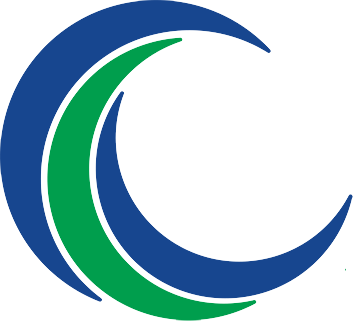
Press Release Details
Caladrius Biosciences Awarded $12.2 Million Grant from CIRM in Support of Phase 2 Clinical Trial of CLBS03 to Treat Type 1 Diabetes
Go Back

BASKING RIDGE, N.J., Feb. 23, 2017 – Caladrius Biosciences, Inc. (NASDAQ:CLBS) (“Caladrius” or the “Company”), a cell therapy company combining a select therapeutic development pipeline with an industry-leading development and manufacturing services provider (PCT), announces today that the California Institute for Regenerative Medicine (CIRM) has awarded a grant to Caladrius, providing up to $12.2 million for the development of CLBS03. CLBS03 is the Company’s investigational cell therapy currently being evaluated as a treatment for recent onset type 1 diabetes (T1D) in a Caladrius-sponsored Phase 2 trial, the Sanford Project: T-Rex Study, in collaboration with Sanford Research, a subsidiary of Sanford Health.
The grant from CIRM, which was recommended for approval by its distinguished and independent panel of scientific reviewers, is a significant endorsement of the potential for Caladrius’ novel approach for treating T1D with cell therapy by restoring immune balance. The award has important implications as it is expected to fund a significant portion of the remaining cost of the Company’s Phase 2 trial currently underway. The grant will be used to cover expenses including all manufacturing and development based in California and other trial costs dependent upon the proportion of subjects enrolled in California, with consumption of at least $6 million of the award expected.
CLBS03 uses the patient’s own regulatory T cells (Tregs) to treat autoimmune disease. Tregs are a natural part of the human immune system that regulate the activity of T effector cells, which are responsible for protecting the body from viruses and other foreign antigens. When Tregs function properly, only harmful foreign materials are attacked by T effector cells. In autoimmune diseases, it is thought that deficient Treg activity permits the T effector cells to attack the body’s own beneficial cells and, in the case of T1D, insulin-producing pancreatic beta cells, thereby reducing and eventually eliminating the body’s ability to produce sufficient amounts of insulin.
Caladrius’ novel approach seeks to restore immune balance by augmenting the number and activity of a patient’s own Tregs and using their innate capabilities to modulate multiple facets of the effector arm of the immune system.
CLBS03 has received Orphan Drug and Fast Track designations from the U.S. Food and Drug Administration (FDA), and Advanced Therapeutic Medicinal Product classification from the European Medicines Agency. Patients are currently being enrolled in the second cohort of the Phase 2 trial, with an interim analysis of early therapeutic effect expected by the end of 2017.
“We are grateful to CIRM and the experts who reviewed and endorsed our application. We firmly believe that this therapy has the potential to improve the lives of people with T1D and this grant helps us advance our Phase 2 clinical study with the goal of determining the potential for CLBS03 to be an effective therapy in this important indication,” said David J. Mazzo, PhD, Caladrius’ Chief Executive Officer. “This grant substantiates our approach to identify and secure non-dilutive funding for our development programs and helps position Caladrius as a leader among cell therapy and autoimmune disease therapy developers.”
About Caladrius Biosciences
Caladrius Biosciences, Inc. is a cell therapy development company with cell therapy products in development based on multiple technology platforms and targeting autoimmune and cardiology indications. The company’s subsidiary, PCT, is a leading development and manufacturing partner exclusively focused on the cell therapy industry and has served over 100 clients since 1999. PCT provides a wide range of innovative services including product and process development, GMP manufacturing, engineering and automation, cell and tissue processing, logistics, storage and distribution, as well as expert consulting and regulatory support. For more information on Caladrius please visit www.caladrius.com and for more information on PCT please visit www.pctcaladrius.com.
Forward Looking Statements
This press release contains forward-looking statements within the meaning of the Private Securities Litigation Reform Act of 1995. Forward-looking statements reflect management’s current expectations, as of the date of this press release, and involve certain risks and uncertainties. All statements other than statements of historical fact contained in this press release are forward-looking statements. The Company’s actual results could differ materially from those anticipated in these forward-looking statements as a result of various factors. Factors that could cause future results to materially differ from the recent results or those projected in forward-looking statements include the “Risk Factors” described in the Company’s Annual Report on Form 10-K filed with the Securities and Exchange Commission (“SEC”) on March 15, 2016, and in the Company’s other periodic filings with the SEC. The Company’s further development is highly dependent on, among other things, future medical and research developments and market acceptance, which are outside of its control.
Source: Caladrius Biosciences, Inc.


